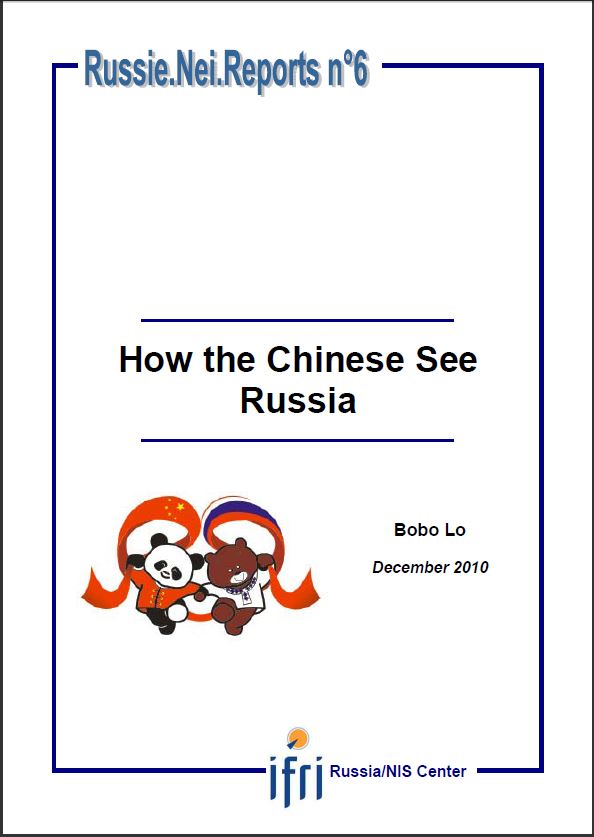How the Chinese See Russia

This essay examines Chinese attitudes toward Russia as a great power, neighbor, partner and competitor.
China is in the midst of one of the most remarkable transformations in history. During this dramatic period, the relationship with Russia has remained something of a sideshow. If the recent narrative of bilateral engagement has been largely positive, then Chinese policy-makers and thinkers nevertheless look to the West for their points of reference and sources of modernization. Russia, which once offered an alternative model, now stands as an object lesson in what not to do. To many Chinese, particularly among the younger generation, it has simply become an irrelevance. But for all its well-documented problems, Russia remains a major international actor with the capacity to affect core Chinese interests. The leadership in Beijing understands that national modernization, the building of a stable neighborhood and China's transformation into a global actor will depend, in some measure at least, on a functional relationship with its largest neighbor. The “Russia factor” in its world-view may have declined, but it has certainly not disappeared.

Available in:
Regions and themes
ISBN / ISSN
Share
Download the full analysis
This page contains only a summary of our work. If you would like to have access to all the information from our research on the subject, you can download the full version in PDF format.
How the Chinese See Russia
Related centers and programs
Discover our other research centers and programsFind out more
Discover all our analysesThe Caspian Sea as an Emerging Energy Hub : Potentials and Limitations
This report analyzes the prospects of the Caspian Sea region — and its key actors except for Russia and Iran — becoming an important energy hub serving the needs of the European Union (EU).
The European Union's Strategic Test in Georgia
The political crisis brewing in Georgia is of an existential nature for the country. What is at stake is Georgia's future as a democratic and sovereign European nation (EU).
Commanders of Putin's Long War: Purged, Reshuffled and Disgruntled
The trend of reshuffling the Russian top military command in the course of a fast-evolving and far from successful war has progressed unevenly both across the Armed Forces’ structures and in time. The rationale for and timing of the abrupt cadre decisions made by Commander-in-Chief Putin often defy logical explanation, and the rare official clarifications are no more informative than the usual information blackout.
Russian Military Manpower After Two and a Half Years of War in Ukraine
In addition to a military victory in Ukraine, the Russian leadership is planning to build up sizable troop formations for a possible conflict with NATO in the Baltic region and the Kola Peninsula. In particular, current plans aim for the military manpower to grow by about 350,000, reaching a total of 1.5 million soldiers and commanders. In the context of the current conflict in Ukraine, this cannot be accomplished without a new wave of mass mobilization.










